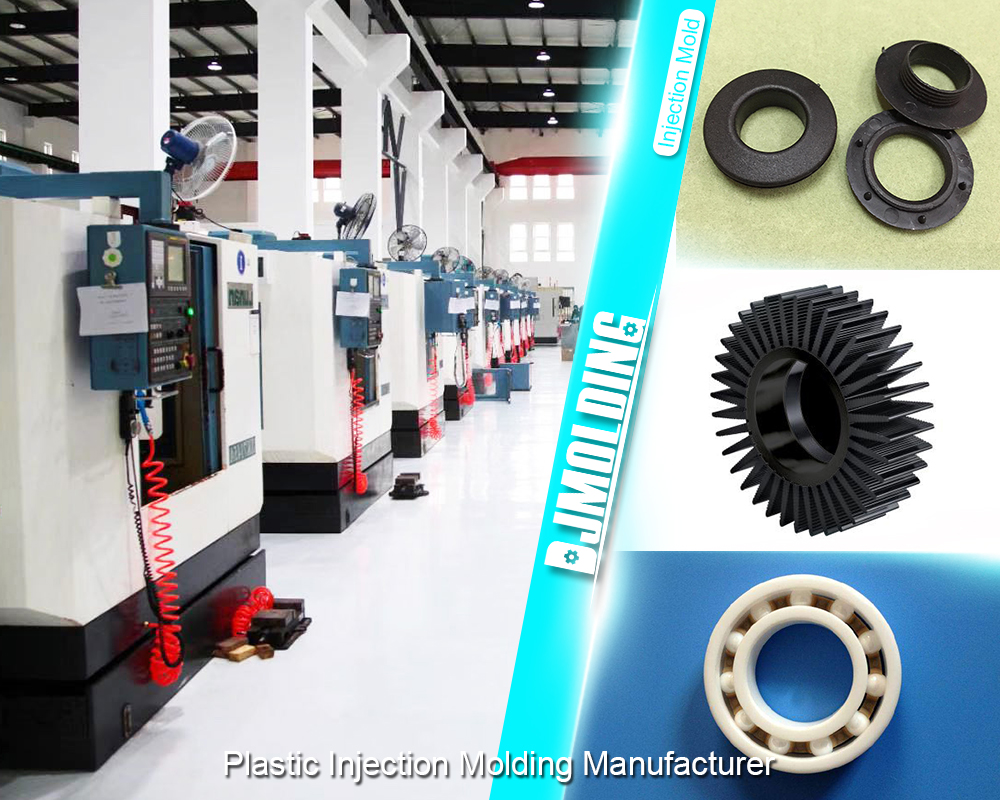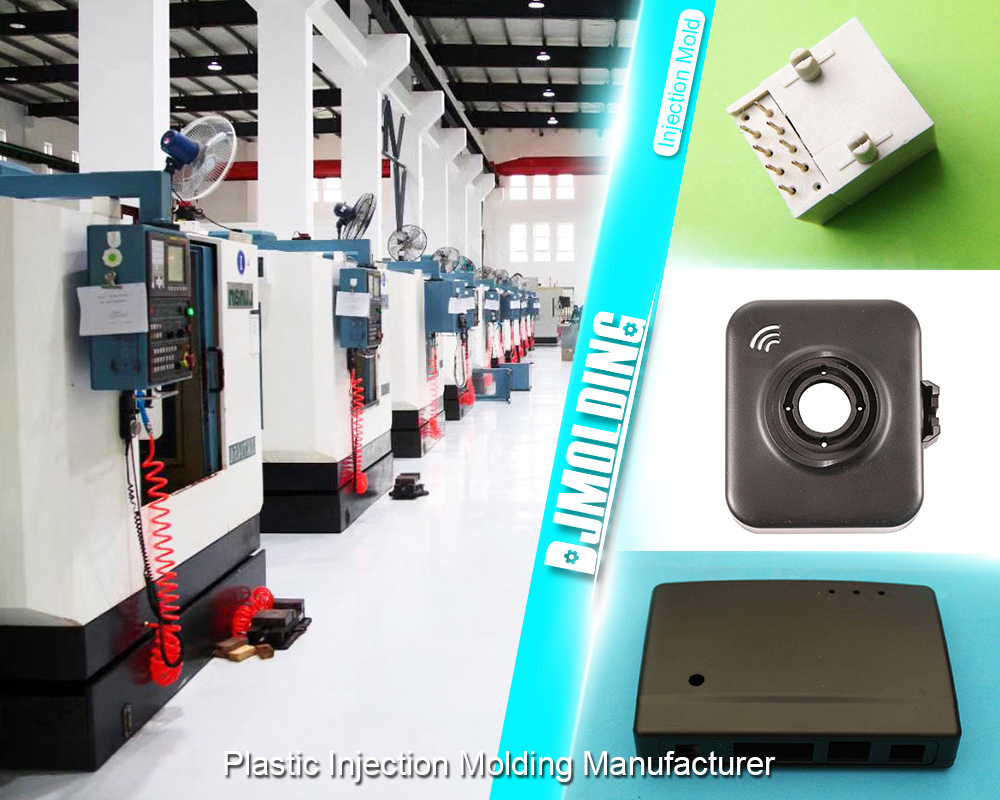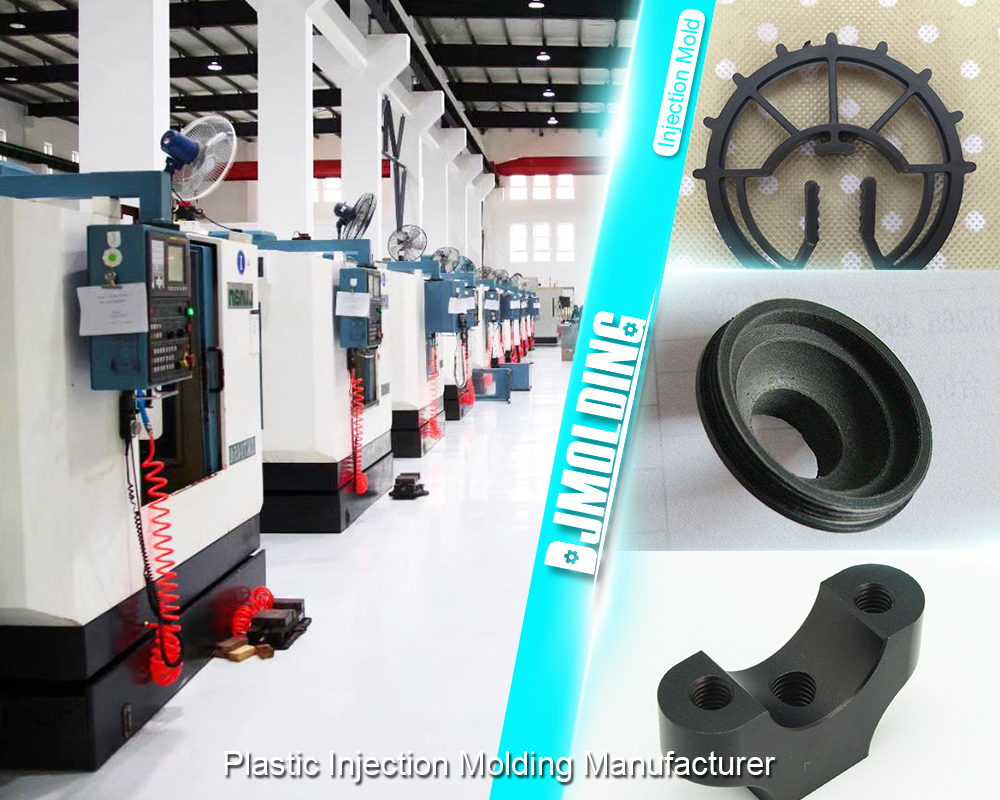The Advantages And Applications Of Customized Recycled Plastic Injection Molding Manufacturer
The Advantages And Applications Of Customized Recycled Plastic Injection Molding Manufacturer
Sustainable manufacturing processes are becoming increasingly important in today’s world. This blog post will discuss one such process – recycled plastic injection molding. We will explore the benefits of using recycled plastic, the process of injection molding, and the various applications of this manufacturing technique.
Introduction
Recycling and sustainability have become essential in today’s manufacturing processes. Using recycled materials is an eco-friendly and cost-effective approach that benefits manufacturers and the environment. Recycled plastic injection molding is a popular manufacturing technique using recycled plastic materials. This blog post will cover the advantages and applications of recycled plastic injection molding.

The Advantages of Recycled Plastic Injection Molding
Recycled plastic injection molding is an eco-friendly manufacturing process with several advantages over traditional injection molding with virgin plastic. Here are some of the benefits of using recycled plastic in injection molding:
- Environmental benefits: Recycled plastic injection molding offers several environmental benefits, making it an attractive option for manufacturers. Some of these benefits include:
- Reduction in plastic waste: Using recycled plastic in injection molding helps reduce plastic waste in landfills and oceans. The negative impact of plastic waste on marine life and ecosystems is well-documented, with an estimated 8 million metric tons of plastic ending up in the oceans yearly. By using recycled plastic, manufacturers can help mitigate this problem by keeping plastic waste out of landfills and oceans.
- Reduced need for virgin plastic production: Using recycled plastic also reduces the need for pure plastic production, which has a significant environmental impact due to the extraction of raw materials and energy consumption. Using less energy to produce the raw materials required for plastic manufacturing makes the production process more eco-friendly, resulting in reduced emissions of greenhouse gases and other harmful pollutants.
- Energy savings: Using recycled plastic in manufacturing can also lead to energy savings, as less energy is required to produce recycled plastic than virgin plastic. Manufacturers can save money on energy costs and decrease their environmental impact by implementing this approach in their manufacturing process.
- Economic benefits: Using recycled plastic in injection molding is not only beneficial for the environment but also for manufacturers. Here are some advantages of using recycled plastic over virgin plastic:
- Cost-effectiveness: Recycled plastic is more cost-effective than virgin plastic, requiring less energy and resources. Manufacturers can achieve significant cost savings through this approach.
- Reduced dependence on fossil fuels: The production of virgin plastic heavily relies on fossil fuels, which can lead to fluctuating oil prices that affect manufacturing costs. By using recycled plastic, manufacturers can reduce their dependence on fossil fuels and mitigate the impact of oil price fluctuations on their expenses.
- Increased sustainability: Using recycled plastic helps reduce the amount of plastic waste in landfills and oceans, which is beneficial for the environment. It also promotes sustainability by reducing the consumption of non-renewable resources and decreasing the carbon footprint of the manufacturing process.
- Cost savings: Recycled plastic injection molding is a cost-effective manufacturing process that offers several advantages to manufacturers. Recycled plastic provides significant cost savings. Here are some key points to consider:
- Recycled plastic is less expensive than virgin plastic: The cost of raw materials is a significant factor in the price of manufacturing products. Using recycled plastic in injection molding can significantly reduce the cost of raw materials, leading to considerable cost savings for manufacturers.
- Reduction in energy consumption: The injection molding process with recycled plastic can also reduce energy consumption. Since recycled plastic requires less energy to produce than virgin plastic, using recycled plastic in injection molding can help reduce the overall energy consumption of the manufacturing process.
- Increased efficiency: By reducing the cost of raw materials and energy consumption, recycled plastic injection molding can help improve the efficiency of the manufacturing process. Manufacturers can experience a boost in productivity and profitability due to this.
In summary, using recycled plastic in injection molding offers several environmental benefits that make it an attractive option for manufacturers looking to reduce their environmental impact and save money on production costs.
The Process of Injection Molding with Recycled Plastic
Injection molding with recycled plastic is a process that involves several steps to produce high-quality plastic products. Here are the steps involved in the injection molding process with recycled plastic:
- Melting the plastic: First, the heat melts the recycled plastic. Then, a hopper feeds the plastic granules into a heated barrel. Then, the heating process raises the plastic to a specific temperature, ensuring thorough melting.
- Injection of melted plastic: The mold injects the melted plastic to produce the desired product. We keep the mold closed under pressure and inject the melted plastic into it with high pressure. The plastic then fills the mold and takes its shape.
- Cooling and solidification: The mold keeps the plastic closed until it cools and solidifies, usually taking a few seconds.
- Ejection of product: Once the plastic cools and solidifies, the mold ejects the product. The mold opens, and someone removes the product from it. The process then repeats for the following product.
Before injection molding, one must prepare recycled plastic. The preparation process involves cleaning and shredding the plastic. One cleans the plastic to remove contaminants, such as dirt or debris, and then slices it into small pieces. This process helps ensure the plastic is the correct size and consistency for injection molding.
There are some differences between using recycled and virgin plastic in injection molding. Recycled plastic may have a different melting temperature and viscosity than virgin plastic. As a result, the injection molding process may need to be adjusted slightly to accommodate the differences in the plastic materials.
Applications of Recycled Plastic Injection Molding
Recycled plastic injection molding is a versatile manufacturing process that offers numerous advantages, including cost savings, environmental benefits, and the ability to create solid and durable products. This section will discuss the various applications of recycled plastic injection molding.
Automotive parts
- Recycled plastic injection molding can produce various automotive parts, including dashboards, door panels, and engine covers. These parts require high strength and durability, making recycled plastic ideal.
Electronic components
- Recycled plastic injection molding can produce electronic components such as computer cases, printer cartridges, and phone cases. These products require precision and strength, which makes recycled plastic an excellent choice.
Consumer goods
- Manufacturers widely use recycled plastic injection molding to produce consumer goods such as packaging materials, toys, and kitchenware. Recycled plastic products are known for their durability and strength, and they offer customization and design flexibility to manufacturers.
- Recycled plastic injection molding is an excellent choice for manufacturers looking to create high-quality products while also reducing their environmental impact. By using recycled plastic, manufacturers can build strong, durable, and cost-effective products that meet consumers’ needs while contributing to a more sustainable future.

CONCLUSION
Recycled plastic injection molding is a sustainable manufacturing process that offers numerous advantages to manufacturers and the environment. Manufacturers can benefit from this process by reducing plastic waste and offering cost-effective solutions. It’s essential to reinforce the importance of sustainable manufacturing practices and encourage manufacturers to consider using recycled plastic injection molding for their products.
For more about the advantages and applications of customized recycled plastic injection molding manufacturer,you can pay a visit to Djmolding at https://www.djmolding.com/recycled-plastic-injeciton-molding/ for more info.




